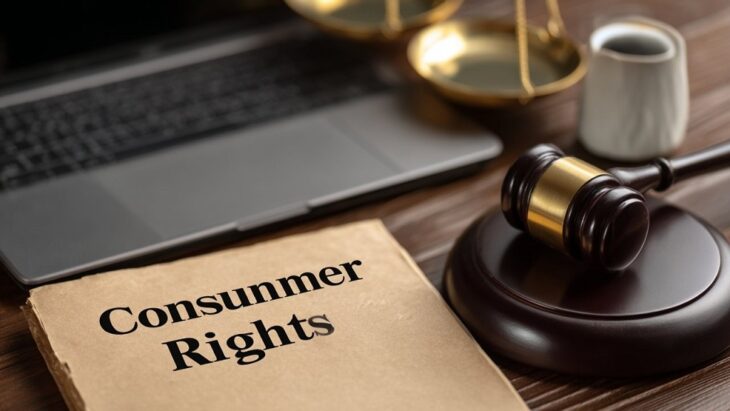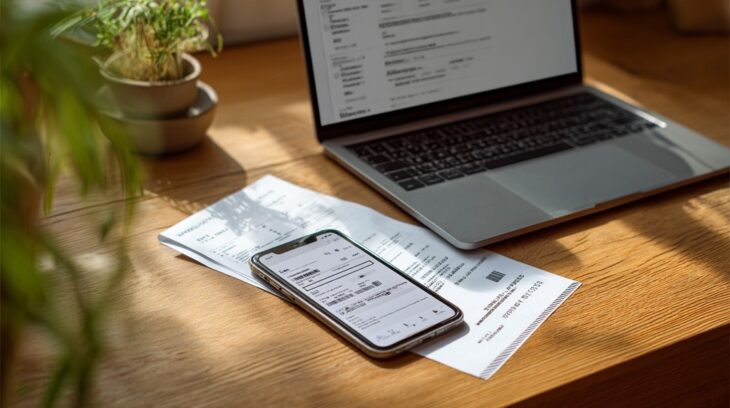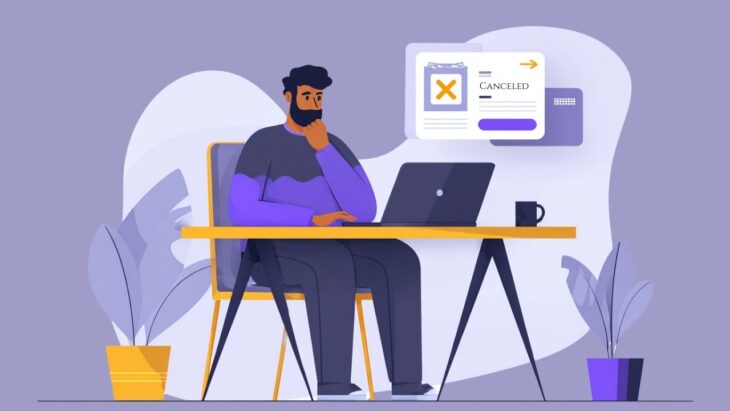Online shopping brings speed and convenience, but it also carries risks that buyers often underestimate.
Orders can get delayed, lost, or even canceled without warning.
Knowing your rights as a consumer is essential to protecting your money and avoiding frustration.
Laws exist to protect you in these situations, but awareness and preparation are what make the difference in successfully claiming a refund.
Preventive Measures for Future Purchases

Avoiding disputes altogether saves time, energy, and stress. Careful decision-making before completing a purchase protects you against most refund issues.
Consumers benefit greatly by choosing sellers with transparent practices and strong reputations.
Using credit cards provides better financial protection, since disputes and chargebacks are easier to pursue.
Preventive tips include:
- Shop with established and trustworthy retailers.
- Use a credit card instead of a debit card for online transactions.
- Review cancellation and delivery policies before placing an order.
- Avoid retailers with poor ratings or inconsistent customer feedback.
Proactive measures build confidence in your shopping decisions and minimize risk.
By applying these strategies, buyers can focus on the benefits of online shopping without unnecessary worry.
In fact, the same preparedness applies across situations, whether claiming a refund for canceled goods or when you need to claim compensation for a delayed flight.
Contact the Company
Starting with direct communication remains the most practical and efficient move when dealing with a canceled order.
Suppliers often provide answers quickly if approached in a timely and polite manner. Many issues, such as shipping delays, sudden stock shortages, or system malfunctions, can be solved without needing to escalate further.
Keeping a calm but assertive tone shows professionalism and helps prevent unnecessary conflict.
When contacting the company, make sure to:
- Reach out through official channels such as email, live chat, or customer hotlines.
- Ask for a clear and detailed explanation of the problem.
- Request a timeline for resolution or refund processing.
- Keep all communication records, including emails, chat transcripts, and call logs.
Having documented evidence of your effort to resolve the issue will support your position if you need to escalate later.
Persistence, combined with professionalism, demonstrates that you are serious about asserting your consumer rights.
Know Your Legal Rights

Consumer law gives buyers specific protections against companies that fail to deliver.
Under acts such as BC’s Business Practices and Consumer Protection Act or the UK’s Consumer Rights Act 2015, shoppers are entitled to cancel when goods are not delivered within 30 days.
If no delivery date was provided, cancellation becomes valid once 30 days pass after purchase.
Important legal points include:
- Right to cancel if delivery does not occur within the agreed period.
- Automatic cancellation allowed after 30 days if no delivery date was specified.
- Refund must be issued within 15 days of cancellation.
These protections exist to prevent companies from holding customer funds without fulfilling orders.
Knowing these rights empowers you to act with confidence and ensures that you do not face financial loss without recourse.
What If the Company Refuses to Cooperate?

Uncooperative businesses can frustrate even the most patient buyers, but options remain available.
Many regulatory bodies provide standardized cancellation forms that you can fill out and send to assert your rights.
For example, Consumer Protection BC provides accessible templates that strengthen your position.
Always keep proof of submission, including screenshots, email confirmations, or postal receipts.
Steps to take include:
- Submit an official cancellation form through a consumer protection agency.
- Retain evidence of all communication and document when requests were ignored.
- Contact your credit card provider and request a chargeback if the company fails to respond.
Credit card companies often side with consumers when strong evidence is provided.
Knowing that you can escalate to a higher authority reduces the company’s ability to avoid responsibility.
Special Case: Company Cancels Without Consent
In certain cases, a business cancels an order unilaterally and issues a refund.
On the surface, this seems fair, but it can create financial harm when the item’s value has increased since purchase.
Under the UK’s Consumer Rights Act 2015, compensation rights extend to such situations. If the refund does not reflect the current market value, you may be entitled to additional compensation.
Key considerations include:
- A unilateral cancellation should not leave you worse off financially.
- Compensation may be claimed if the item has risen in price.
- Fairness requires the company to cover the value gap created by its decision.
Such protections balance the relationship between businesses and consumers, ensuring that refunds are not used as an excuse to escape obligations.
Evidence Collection for Your Claim

Disputes are often resolved in favor of the person who has the best documentation.
Evidence serves as proof of your claim and demonstrates the seriousness of your request.
Keeping everything organized prevents delays and increases the likelihood of success when dealing with regulatory bodies or banks.
Gather evidence such as:
- Original order confirmation and receipt.
- Proof of communication with the seller.
- Screenshots of the current market value on platforms like eBay or retail sites.
- Evidence of financial loss if the value has risen significantly since purchase.
An organized approach shows that you are well-prepared and cannot be dismissed easily.
What If Your Order Says “Delivered” but You Didn’t Receive It?

Situations arise where tracking information claims an order has been delivered, yet nothing shows up at your address.
Such cases often involve courier errors, misplacement, or incorrect delivery details.
Buyers are not without recourse, as consumer law protects against non-receipt of goods.
Practical steps to take include:
- Double-check common delivery areas like porches, mailrooms, or with neighbors.
- Contact the courier company to open an investigation.
- Inform the seller that the package was never received despite marked delivery.
- Request cancellation and a refund if the matter remains unresolved.
Delivery confirmation without actual receipt does not end your right to compensation.
Companies remain responsible until the item is safely delivered to you.
Summary
Consumer protection laws exist to ensure fair treatment and financial security when orders go wrong.
By documenting every step, keeping evidence, and knowing your legal rights, you increase the likelihood of recovering your money quickly.
Taking preventive steps ensures fewer problems in future purchases.


